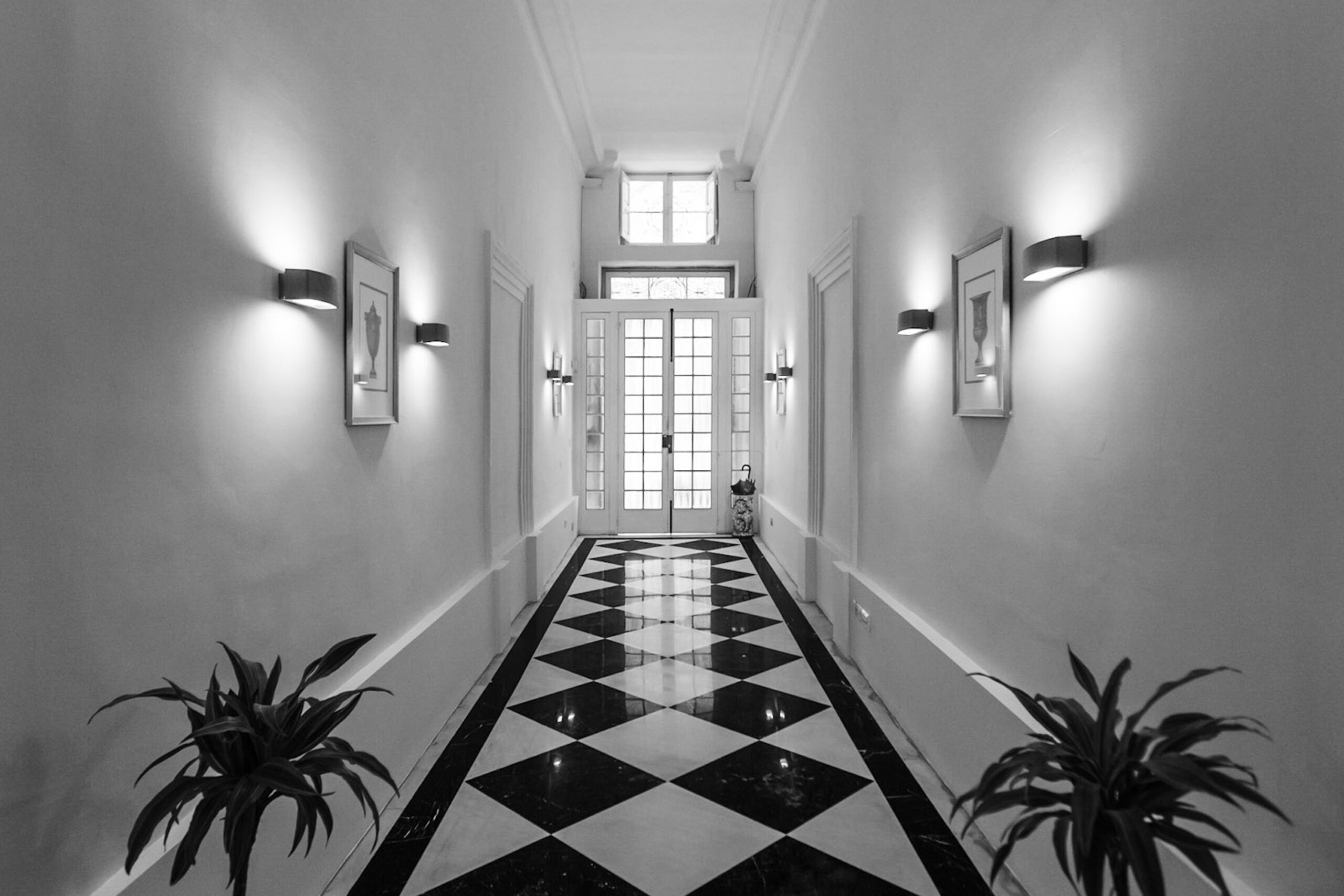Trademark Issues Poured onto the Maltese Courts
Tazza Te’, a Hamrun-based café, sought to the Courts for redress after having its trademark application rejected by the Maltese Trademark Comptroller in October 2022, on the basis of likelihood of confusion with the mark ‘Te fit-Tazza’¸ a design company.
In early February of this year, the Court of Appeal ruled in favour of appellant and her company Tazza Te’, ordering the Trademark Comptroller to re-evaluate the landmark application previously submitted, and to disregard any objections which have been raised, or which could be raised, by Te fit-Tazza. Nevertheless, regard must be made to the reasons highlighted by the Court which led to the Comptroller to initially reject the application on the basis of likelihood of confusion due to visual similarity.
As quoted by the Court within its judgements, despite the marks not being identical, there was a ‘high level of visual similarity’. Such emanates from the fact that both marks make use of the words ‘TAZZA’ and ‘TE’, with the mere difference being in the placement of the words, the inclusion of the article ‘fit-’ within the contestant’s mark, and the inclusion of an apostrophe to the letter /e/ within the applicant’s mark when it comes to the word ‘te’.
The colours and designs of both marks were also taken into consideration by the Court. Indeed, both marks present a depiction of a glass of tea, considered to be a Maltese tradition. Notwithstanding such, the applicant’s mark features the glass of tea in particular detail, with the addition of a teaspoon, whilst the contestant’s design is more minimalist and streamlined, capturing the essence of their company. Ultimately, both designs are deemed to be graphically depicting a glass of tea, regarded as a Maltese tradition. Indeed, per the words of the Trademark Comptroller, ‘the similarity stemming from the design, stylised font, representation of the graphical element and the word elements, the Office can conclude that an above average to high similarity is evidently predominant’.
This article is not intended to constitute legal advice and neither does it exhaust all relevant aspects of the topic.
Authored by: Maila Cimino



